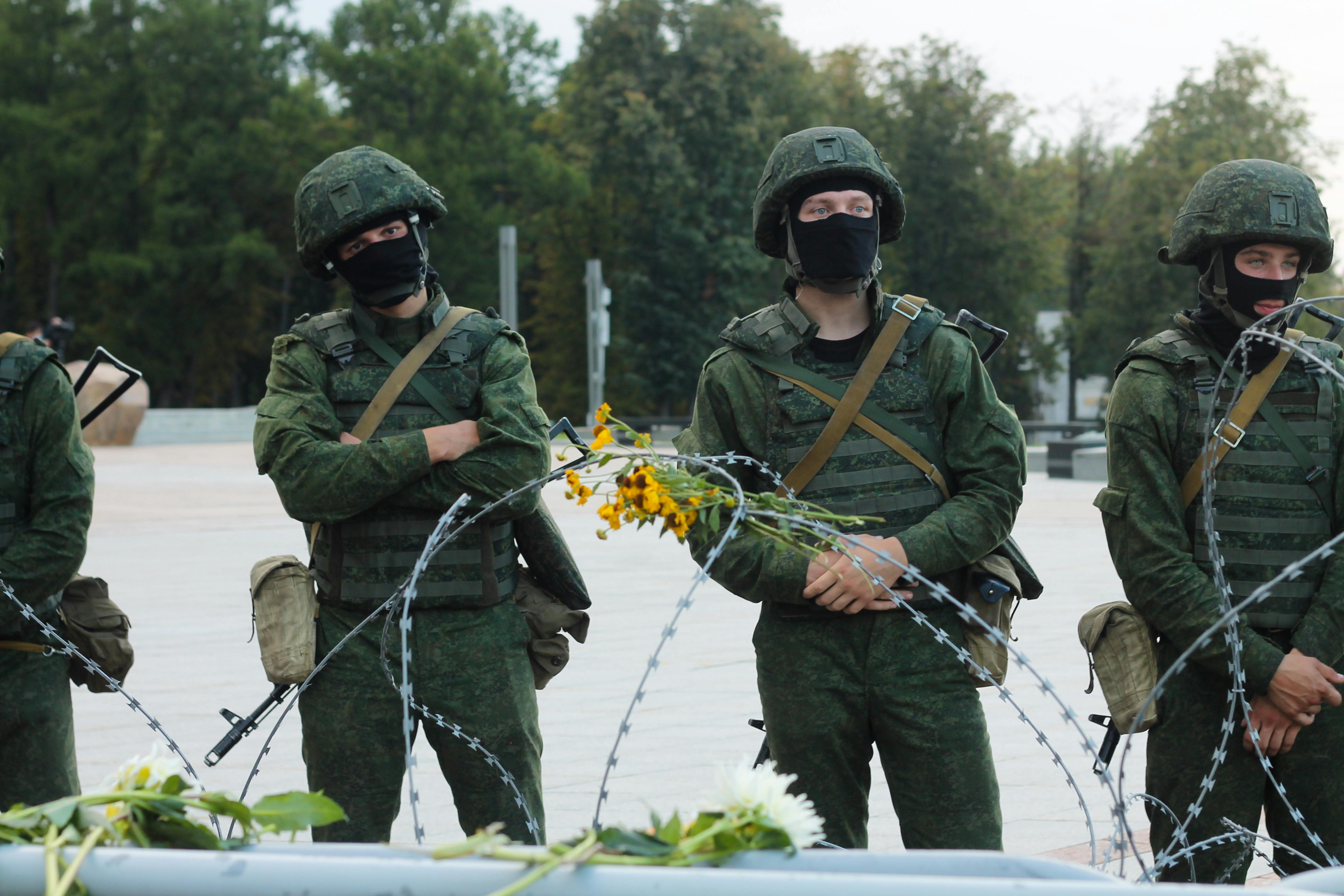The vast deserts, bustling cities, and towering skyscrapers of the United Arab Emirates overshadow the comprehensive legal system that explains the day-to-day running of daily life. For those who live in the country and those who understand the ins and outs of the system, it is a magnificent body that details the protection of its inhabitants.
An area of law unknown to many civilians around the world is the custody aspect of family law in the United Arab Emirates. As in countries around the world, the ultimate and most important objective of battles for the Custody is the best interests of the child. Custody laws in the UAE are rife with mentions of the best interests of the child.
An interesting facet of custody laws in the UAE is the different roles assigned to mothers and fathers. These differences are most often seen in the descriptions of guardians and custodians. A guardian of a child supports the child financially, makes important decisions about the child’s education and upbringing, and generally takes care of the child’s affairs. The custodian, on the other hand, cares about the child’s daily life; the guardian has actual physical custody of the child and must raise, care for, and raise the child. This separation between custodian and guardian is not final, since it is possible for one of the parents to play both roles. Most of the time, custody is awarded to the mother, while the father is always considered a guardian; however, it all depends on the best interests of the child.
In divorce cases, spouses often fight for custody of the child and generally it is the mother who wins in the United Arab Emirates. Again, since the courts are only concerned with the best interests of the child, mothers do not receive custody when it is deemed inappropriate. The custodian must adhere to a list of obligations, which includes being of sound mind, being honest, mature, capable of raising a child, free from infectious diseases, and not convicted of a felony. If a parent contradicts any of the aforementioned conditions, the laws indicate that the child must be placed with the one who will seek the best interests of the child. Some laws even specify that a guardian must be of the same religion as the child; however, the courts should not adhere to that condition if a child’s interests are best served by a guardian of a different religion. Although the separation between custodian and guardian, mother and father, and husband and wife may seem complex at first, it is important to note that the main question of concern is: what are the best interests of the child?
Although divorces and custody battles are complicated, the comprehensive laws of the United Arab Emirates attempt to cover as many situations as possible, and it is essential in their practical use to focus on what is best for the child. For example, article 156 of Federal Law No. 28 of the year 2005 (Law of the personal status of the United Arab Emirates) establishes that the custody of a child must go to the mother, up to 11 years for a boy and up to 13 years for a girl. In that same clause,
‘Article 148 of Federal Law No. 28 of 2005 (UAE Personal Status Law).
‘Article 142 of Federal Law No. 28 of 2005 (UAE Personal Status Law).
‘Article 143 of Federal Law No. 28 of 2005 (UAE Personal Status Law).
‘Article 144 of Federal Law No. 28 of 2005 (UAE Personal Status Law).
‘Article 145 of Federal Law No. 28 of 2005 (UAE Personal Status Law).
the law states that this circumstance may change if the court determines that something else is better for the child. A recent child custody case reached the Abu Dhabi Supreme Court. In this case, the minor, a 13-year-old girl, who lived with her mother, the custody, had to be returned to the guardian, her father, in accordance with the aforementioned article 156. After months of trials, hearings and appeals, the Abu Dhabi Supreme Court did not award custody to the father. Although this goes against article 156, the court determined that the best thing for the young woman would be to stay with her mother until she is married. It is clear that legally and practically speaking, the objective is the same: custody is awarded to the parent who best suits the needs of the best interests of the child.
The United Arab Emirates may be a great wonderland for some, but for others, it is a paradise on Earth. The laws of the United Arab Emirates seek to protect the inhabitants, and most importantly children, in every way imaginable. These laws are tied to concern for the well-being of the child and everything focuses on what will be best for him or her. The strict protection of the best interests of a child is just one of the many jewels of the vast desert of the Emirates.




